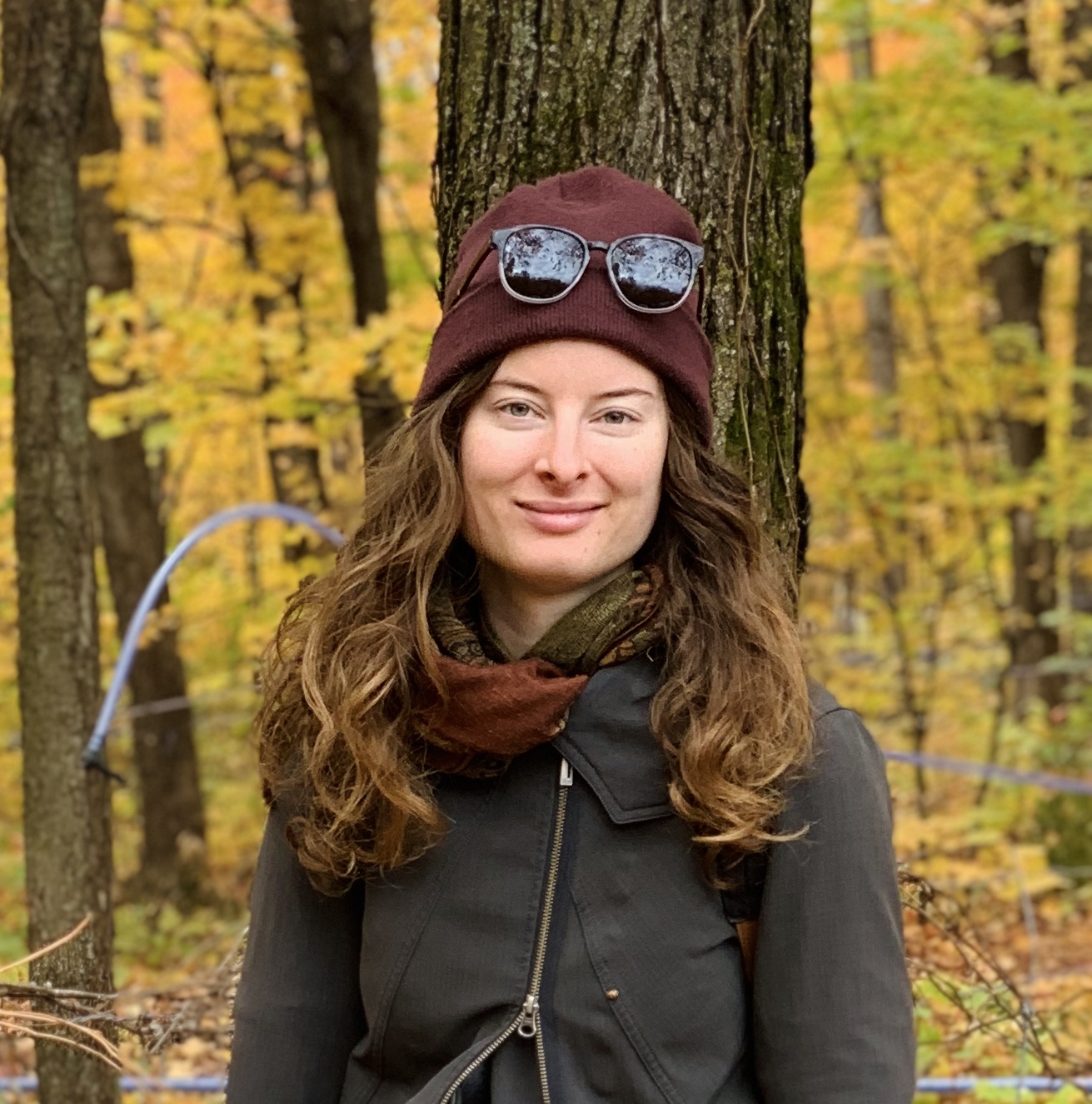Online Seminar: Storytelling In Science
by Sabrina Heerema | Published: 15-Feb-22 | Last updated: 15-Feb-22 | Tags : communication science webinar | category: EVENT
Have you ever wondered why certain research projects get picked up in the news and not others? Or how some researchers manage to produce science content that goes viral on social media? Sure, part of it is luck, but another part of it is storytelling. By framing your research in a different way, you can increase the chances that your story gets picked up, or that your social media gains a following.
This webinar will give you the tools to tell stories about your research intentionally, identifying newsworthy stories, who’s your audience, what medium best fits your story, and considering whether you want to pitch your story to journalists, or perhaps using your own media production skills, and posting it to social media. But what platform? We will cover all of this and more in part 1 of our Polar Week sci comms Arctic PASSION seminar!
When and where? 22 March 2022 - 2 PM GMT - online via Zoom. Please register here.

Photographer: Louis-Philippe Dury
The online seminar is led by Olivia Rempel, a documentary filmmaker and multimedia journalist working at GRID-Arendal, where she does everything from producing, shooting and editing documentaries, to guest teaching a science communication course at the Technical University of Denmark. She holds a master’s degree from the UC Berkeley Graduate School of Journalism, with prior undergraduate work in both journalism and environmental studies. Olivia has had a variety of media jobs, from logistics and communication work at Students on Ice, an educational polar expedition organization, to leading open-source investigations that combat disinformation at the UC Berkeley Human Rights Center and working on documentaries that have screened at film festivals from Svalbard to Addis Ababa. Olivia has been working alongside passionate researchers for much of her career, and one of her greatest joys is helping them ensure their important work is communicated accurately and effectively.
